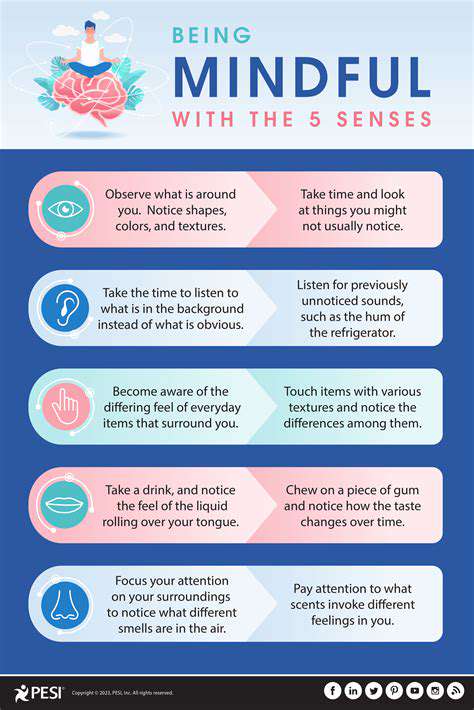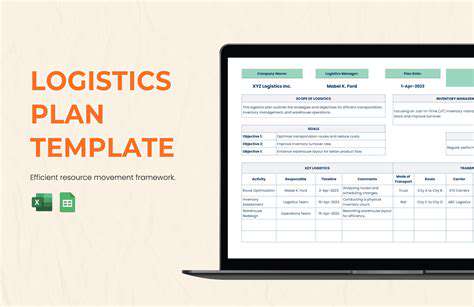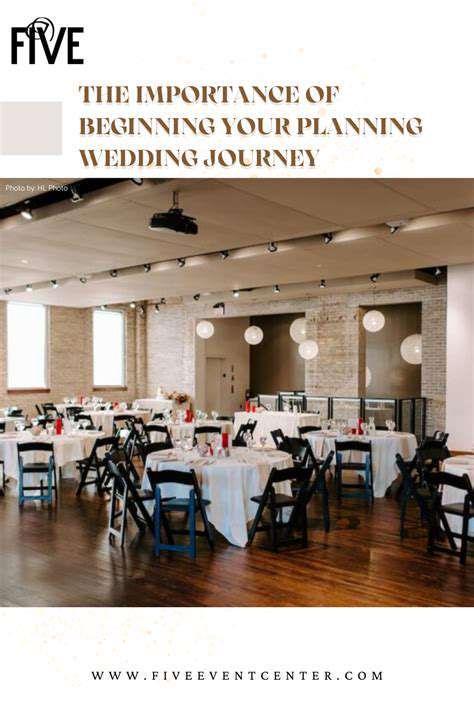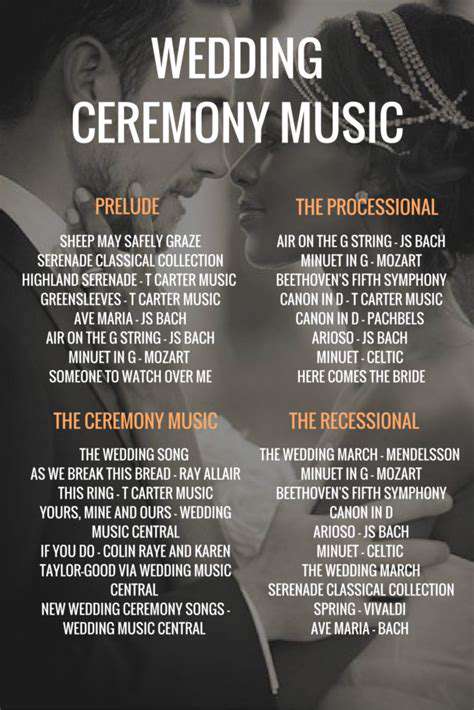Expert Advice on Wedding Budget Management
Venue Selection
The right venue does more than host your event—it sets the entire tone. When touring potential locations, pay attention to natural lighting, layout flexibility, and available amenities. Many venues offer package deals that include tables, chairs, and basic decor, which can significantly reduce rental costs elsewhere.
Wedding Style and Theme
A cohesive theme acts as your wedding's visual language. Rather than chasing trends, focus on elements that authentically represent your relationship. For instance, book-loving couples might incorporate literary references in table names and centerpieces, while outdoor enthusiasts could use natural elements in their decor.
Catering and Entertainment
Food and music create lasting impressions. When tasting menus, consider both dietary restrictions and the practicality of serving dishes to your guest count. For entertainment, think beyond traditional DJs—perhaps a jazz trio for cocktail hour or cultural performers that honor your heritage.
Vendor Selection
Your vendors become temporary partners in creating your perfect day. When interviewing photographers, look beyond portfolios—ask about their approach to unposed moments. With florists, discuss seasonal bloom availability to maximize both beauty and budget. Always read contracts thoroughly, paying special attention to cancellation policies and overtime fees.
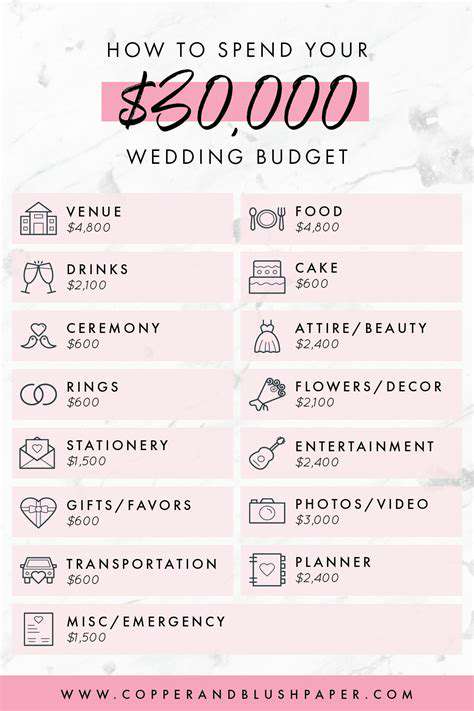
Negotiating with Vendors for Optimal Deals
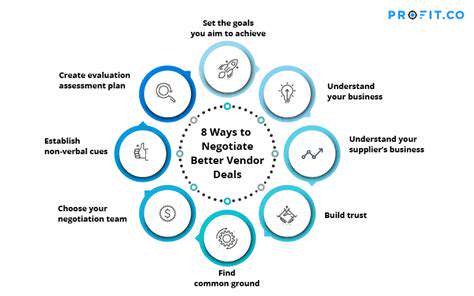
Understanding Vendor Needs
Successful vendor negotiations begin with empathy. Recognize that wedding professionals balance artistic passion with business realities. Before discussing prices, ask about their busiest seasons—you might secure better rates during off-peak months. Many vendors appreciate clients who understand their creative process and business constraints.
Developing a Negotiation Strategy
Arm yourself with market knowledge before approaching negotiations. Research average costs for services in your area so you can identify reasonable requests. Consider what you're willing to compromise on—maybe accepting a weekday date for a venue discount, or choosing a junior photographer from a respected studio.
Analyzing Vendor Proposals
Scrutinize proposals line by line. Look for hidden costs like delivery fees, overtime charges, or equipment rentals. If a florist's quote seems high, ask if substituting certain flowers or reducing centerpiece complexity could lower costs without sacrificing impact.
Negotiating Contractual Terms
The fine print matters as much as the price. Pay special attention to force majeure clauses given recent global uncertainties. For photographers, clarify copyright terms for your images. With venues, document what setup and cleanup times are included. Never hesitate to request modifications—most vendors expect some back-and-forth.
Prioritizing Your Must-Haves and Letting Go of the Extras
Defining Your Must-Haves
Identify three non-negotiable elements that will make your wedding feel authentically yours. For some couples, it's a live band; for others, a specific venue or having elderly relatives comfortably accommodated. These priorities become your compass when making other decisions.
Budgeting for Your Must-Haves
Allocate funds strategically by categorizing expenses into essentials, nice-to-haves, and extras. Protect your must-have budget by being ruthless with lower-priority items. That elaborate photo booth might be tempting, but if it means compromising on your dream photographer, it's probably not worth it.
Prioritizing Venue and Guest List
Your venue should enhance—not fight against—your vision. A too-large ballroom can feel empty with a small guest list, while a cramped space overwhelms. Consider non-traditional venues like art galleries or family properties that might offer both character and cost savings.
Choosing Your Wedding Style and Theme
Let your lifestyle inform your theme. City-dwellers might embrace urban chic with skyline views, while nature lovers could opt for greenery-filled spaces. Avoid over-theming—subtle touches often create more elegance than literal interpretations.
Selecting Vendors Who Align with Your Vision
Chemistry with vendors matters as much as their portfolio. The photographer who puts you at ease will capture more natural moments. The florist who enthusiastically understands your vision will go the extra mile. Trust your instincts during consultations.
Understanding and Managing Expectations
Accept that perfection is unrealistic. Focus instead on creating meaningful moments rather than flawless execution. If it rains on your outdoor wedding, those umbrella photos might become your favorites. The hiccups often make the best stories later.
Embracing the Journey and Enjoying the Process
Schedule regular date nights where wedding talk is banned. The relationship remains more important than the wedding. Document the planning process—those venue visits and cake tastings become precious memories themselves.

